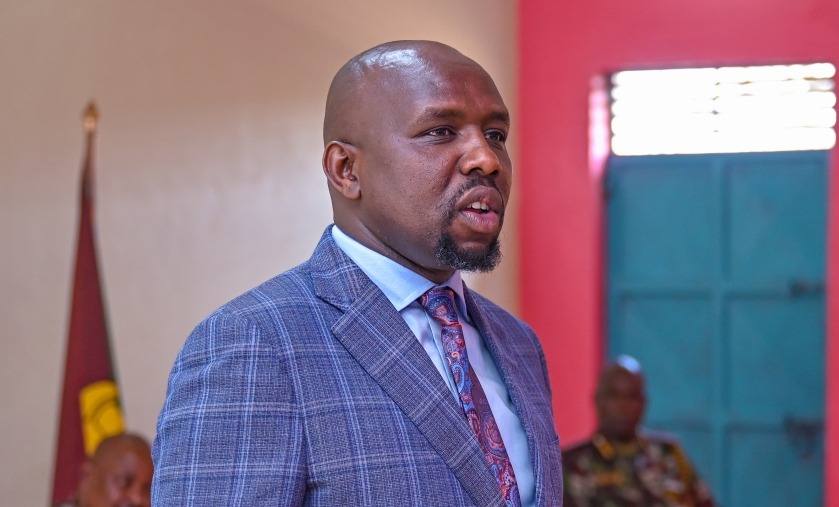

There were mixed reactions after advice by Interior Cabinet Secretary Kipchumba Murkomen to police to use their weapons when attacked or invaded by criminals.
The CS, who was attending a graduation ceremony at the Border Police Training Campus in Kanyonyo, Kitui County, clarified that security agencies are well-trained and aware not to misuse their authority.

















